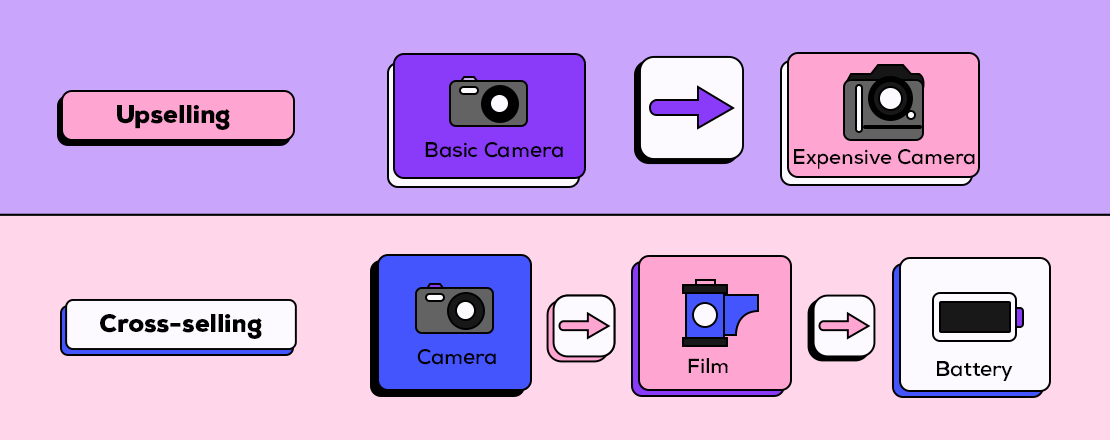The financial services industry is currently amid a profound transformation as banks and other financial institutions experience an ongoing digital evolution. However, with these advancements come specific challenges, such as fierce competition for business and increased costs for providing fast and efficient customer services. These companies are exploring various fintech solutions for banks to keep pace, enhancing internal and customer-facing digital functionality.
Five Key Fintech Solutions for Banks
The pace of change in financial services technology leaves very little time for institutions to respond. Therefore, banks and other financial institutions need to quicken and scale their fintech transformation.
To accomplish this, all financial institutions might consider incorporating recent and innovative digital solutions for providing more effective mobile and online banking services.
Five of these features are as follows:
1. Online Account Opening
The COVID-19 pandemic corrected the misconception that many standard banking services require a physical branch location, such as new account openings.
With people tucked away in their homes for the majority of 2020, traditional brick-and-mortar companies of all kinds needed to adapt to survive. These changes included a rapid expansion of online features that provide potential customers with online transaction options.
The situation for financial services companies was no different, and with a chunk of the workforce suddenly unemployed and struggling to make ends meet, fewer and fewer funds found their way into bank accounts.
One way to combat the shrinking cash inflow was by attracting new customers. The only way to do that during a pandemic-driven “shelter in place” order was by offering online account opening features. As more consumers began to leverage this option, it became clear to banks that requiring in-person account openings was not only unnecessary but potentially a hindrance.
Now, financial services companies of all sizes – ranging from institutional banks to local credit unions – expect to augment (or add altogether) online account opening systems soon.
2. Security and Fraud Protection
As financial services technology advances, so too do malware capabilities. Hackers continue to maneuver their way into checking and savings accounts, releasing private data into a digital world where exposed information is replicated and reused almost instantaneously.
Standard anti-fraud efforts, such as enhanced password encryption and EMV chips on credit cards, have reduced unlawful account access and cloning, respectively.
However, there is still a long road ahead.
Fintech companies are currently working to make mobile and online banking safer. Many provide front-to-back anti-fraud solutions that protect banks and credit unions from account entry and transaction fraud using enhanced risk management tools.
3. Video Collaboration
In 2020, the pandemic rendered in-person business transactions challenging if not impossible, which precipitated a hastened deployment of video collaboration solutions. Banks and credit unions quickly found that video conferencing is multi-functional, capable of simulating face-to-face meetings with minimal (if any) inefficiencies.
Like their findings with new account openings, banking executives concluded that branches are not crucial for several other functions such as:
- Corporate meetings
- Internal branch meetings
- Marketing presentations
- Other external customer-facing engagements
Instead, bank members’ continued use of branches has little to do with their desire to visit a physical location and more to do with their need to contact a bank representative.
That being the case, financial institutions now plan to invest significantly in advancing these remote video capabilities.
4. Artificial Intelligence
While mobile banking is already convenient and streamlined, customers will always demand shorter response times. Meeting that challenge is complex, and many financial institutions are investing heavily in virtual assistants to make the mobile experience faster and easier. These virtual assistants improve mobile banking in many ways, ranging from text and voice-enabled payments to automated fraud alerts.
These assistants are equipped with both text and voice capabilities, allowing customers to speak or text with the assistant to complete most daily financial tasks.
Those tasks include (but are not necessarily limited to):
- Making payments
- Deposits
- Transfers
- Information requests
Virtual assistants can also send customers notifications via messaging apps of account changes that may warrant verification.
Those notifications could include:
- Receiving fraud warnings
- Verifying changes in account balances
- Verifying transactions
- Alerting to changes in available credit
The virtual assistant communicates similarly to humans while keeping data safe and accessible. It also allows users to submit simple queries and obtain rapid answers without connecting to their mobile app.
5. Managing Big Data
Financial institutions collect vast amounts of data daily. Much of that information is unstructured, and firms must use complex algorithms to sift through the mess to identify current trends and potential risks.
However, this sector also collects a significant amount of structured data such as mortgage applications, tax filings, and financial statements. These structured documents provide considerable data insights that firms may utilize to make more educated and informed decisions.
Fintech apps that can pull and process data from these structured forms are crucial for enhancing the performance of current analytics tools. Features such as document realignment, image cleansing, and form recognition technologies improve fintech solutions, providing more efficient and precise data collection.
Skeps Can Help You Meet the Challenges Ahead
While most financial institutions are aware of the need for more robust online platforms driven by increasingly popular fintech solutions for banks, they have a ways to go before meeting increased customer demand for streamlined digital services.
The good news, however, is that Skeps can help.
Our digital solutions offer many features that help banks and other financial institutions meet the challenges of implementing the fintech solutions mentioned earlier. Those features include:
- Everything necessary to launch a white label BNPL program from origination to servicing and collections
- A comprehensive suite of digital and in-store connectors for merchant partners
- Pre-approval technology to present offers to consumers before they begin shopping
- A fully customizable UI/UX
- Self-service portals and a digital collections platform.
Our platforms provide you with the financial technology necessary to meet customers’ ever-increasing demands for improved digital solutions. To learn more, request a demo, or email us at support@skeps.com.
















